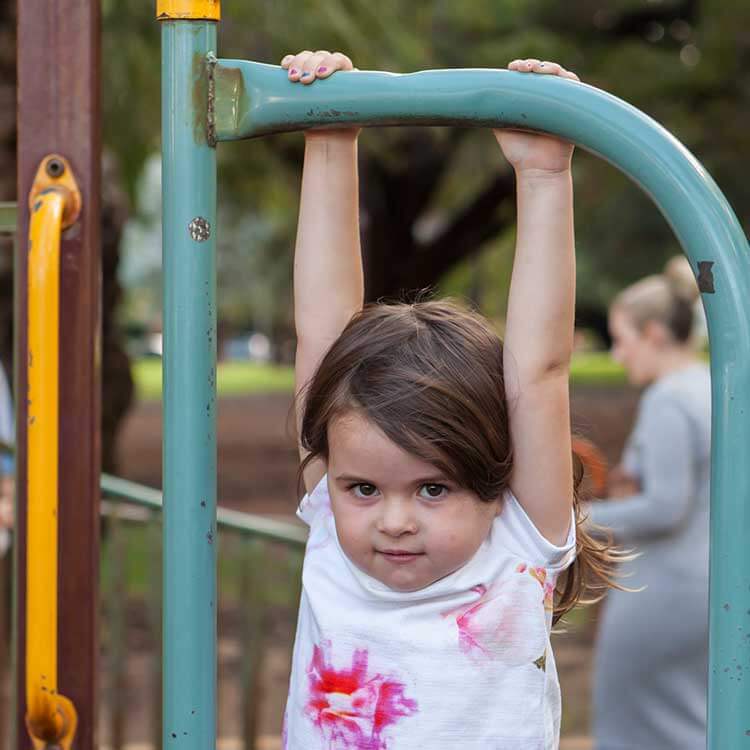Search
Research
Cyanide in bronchoalveolar lavage is not diagnostic for Pseudomonas aeruginosa in children with cystic fibrosisWe investigated whether cyanide in bronchoalveolar lavage (BAL) fluid could be used as an early diagnostic biomarker of infection in kids with cystic fibrosis
Research
Innate inflammatory responses of pediatric cystic fibrosis airway epithelial cells: Effects of nonviral and viral stimulationThere is controversy regarding whether cystic fibrosis (CF) airway epithelial cells (AECs) are intrinsically proinflammatory.
Research
Monocytes from children with clinically stable cystic fibrosis show enhanced expression of Toll-like receptor 4Lung disease in patients with cystic fibrosis (CF) is characterized by recurrent bacterial respiratory infections and intense airway inflammation.
Research
Lung function testing in preschool-aged children with cystic fibrosis in the clinical settingThis study investigated the nature and prevalence of atypical pain responses in Rett syndrome and their relationships with specific MECP2 mutations.

The Airway Epithelial Research Team is investigating the role of the epithelium in the development of airway diseases including asthma, cystic fibrosis and lung transplant rejection.
Research
Using syringe infusion pumps Springfusors for the administration of intravenous antibiotics for children with CF at PCH (SIPS-CF)André Schultz MBChB, PhD, FRACP Head, BREATH Team Head, BREATH Team Prof André Schultz is the Head, BREATH Team at The Kids Research Institute
Research
Substrate-dependent metabolomic signatures of myeloperoxidase activity in airway epithelial cells: Implications for early cystic fibrosis lung diseaseMyeloperoxidase is released by neutrophils in inflamed tissues. MPO oxidizes chloride, bromide, and thiocyanate to produce hypochlorous acid, hypobromous acid, and hypothiocyanous acid, respectively. These oxidants are toxic to pathogens, but may also react with host cells to elicit biological activity and potential toxicity. In cystic fibrosis and related diseases, increased neutrophil inflammation leads to increased airway MPO and airway epithelial cell exposure to its oxidants.
Research
Detection of bile acids in bronchoalveolar lavage fluid defines the inflammatory and microbial landscape of the lower airways in infants with cystic fibrosisCystic Fibrosis (CF) is a genetic condition characterized by neutrophilic inflammation and recurrent infection of the airways. How these processes are initiated and perpetuated in CF remains largely unknown. We have demonstrated a link between the intestinal microbiota-related metabolites bile acids and inflammation in the bronchoalveolar lavage fluid from children with stable CF lung disease.
Research
Automatic bronchus and artery analysis on chest computed tomography to evaluate the effect of inhaled hypertonic saline in children aged 3-6 years with cystic fibrosis in a randomized clinical trialSHIP-CT showed that 48-week treatment with inhaled 7% hypertonic saline (HS) reduced airway abnormalities on chest CT using the manual PRAGMA-CF method relative to isotonic saline (IS) in children aged 3-6 years with cystic fibrosis (CF). An algorithm was developed and validated to automatically measure bronchus and artery (BA) dimensions of BA-pairs on chest CT. Aim of the study was to assess the effect of HS on bronchial wall thickening and bronchial widening using the BA-analysis.
Research
Pulmonary bacteriophage and cystic fibrosis airway mucus: friends or foes?For those born with cystic fibrosis (CF), hyper-concentrated mucus with a dysfunctional structure significantly impacts CF airways, providing a perfect environment for bacterial colonization and subsequent chronic infection. Early treatment with antibiotics limits the prevalence of bacterial pathogens but permanently alters the CF airway microenvironment, resulting in antibiotic resistance and other long-term consequences.
